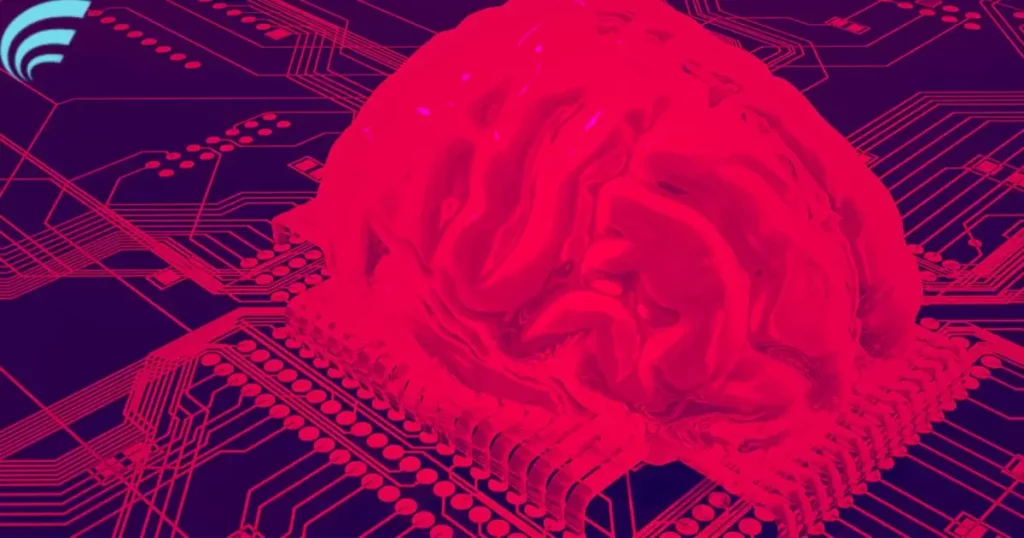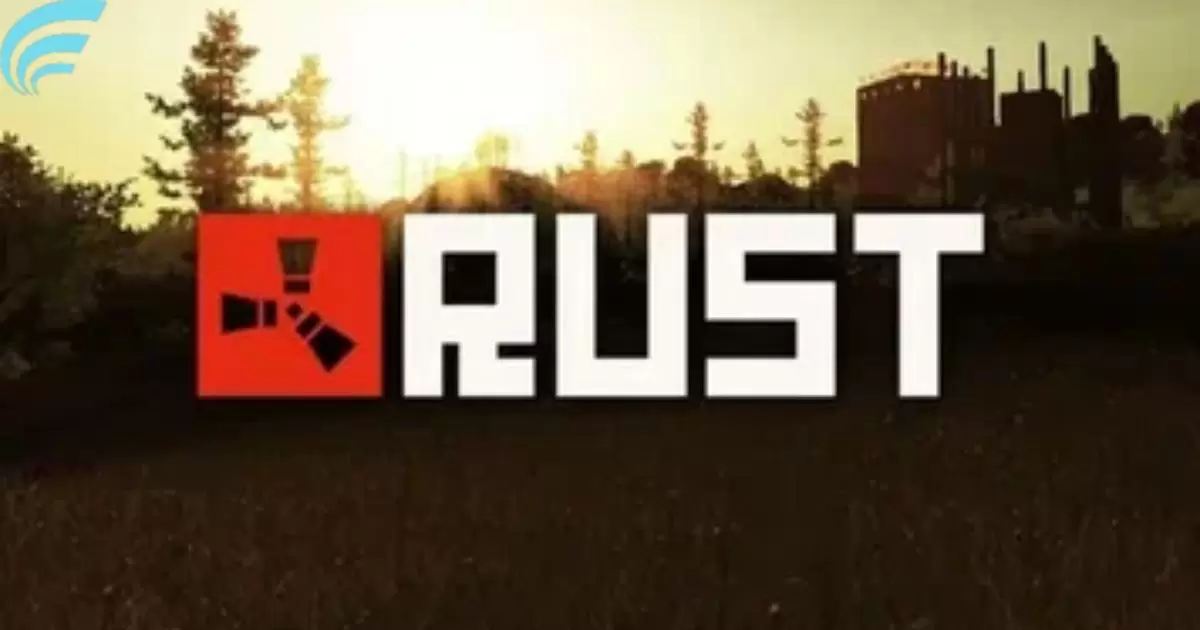In Rust, whether it’s CPU or GPU heavy depends on the game’s demands. If it’s more about calculations and artificial intelligence, it’s CPU heavy. If it’s about graphics and visual elements, it’s GPU heavy. Understanding this helps in optimizing your system for a smoother Rust gaming experience.
Curious about Rust’s performance on your computer? Wondering: Is a rusty CPU or GPU heavy? Dive into our guide to understand the game’s demands and optimize your setup for an enhanced gaming experience. Discover the key to unlocking Rust’s full potential. Let’s ensure your system is ready for the adventure.
Understanding whether Rust is CPU or GPU heavy is crucial for optimizing your gaming experience. If Rust emphasizes complex calculations and artificial intelligence, it’s more CPU heavy. Conversely, if it leans towards high-quality graphics, it becomes GPU heavy. Recognizing this balance aids in fine-tuning your system for peak performance, ensuring smoother and more enjoyable Rust gameplay.
Understanding Rust’s Hardware Requirements
To comprehend whether Rust leans more on the CPU or GPU, we need to examine the game’s hardware requirements:
CPU Requirements
Rust is known to be CPU-intensive. It relies on your CPU’s processing power to handle various in-game calculations, including AI, physics, and other game mechanics.
GPU Requirements
While Rust does have some GPU demands, they are comparatively less intense. The GPU primarily handles rendering tasks, such as displaying the game world, characters, and objects.
CPU: The Brains Behind Rust

Think of the CPU as Rust’s brains. It handles all the thinking, making decisions, and managing the game’s calculations. When you’re strategizing, building, or dealing with non-visual elements, the CPU is hard at work.
From managing player movements to calculating in-game events, the CPU’s role is diverse. It ensures everything runs smoothly and responds quickly to your actions, making it a crucial component for a seamless Rust experience.
To enhance Rust’s performance, consider a CPU with ample power. It’s like giving your game a smarter brain, ready to handle the complexities and deliver a gaming experience without hiccups.
GPU: The Visual Power
A GPU is like your computer’s art wizard. It handles all the visual stuff, making games, videos, and pictures look stunning. It’s the powerhouse behind the scenes.
Imagine a GPU as a creative genius. It takes data and turns it into beautiful images you see on your screen. The faster it works, the smoother your games run and the crisper your visuals become.
For an amazing visual experience, you need a good GPU. It’s like having a high-quality camera for your computer, ensuring everything you see is vibrant, sharp, and full of detail. Wondering: Is 70 Celsius hot for GPU? It becomes important to maintain this visual excellence and ensure your graphics card operates at its optimal temperature for peak performance.
Balancing Act
In the tech world, a balancing act is like juggling between different aspects to achieve optimal performance.
When it comes to computers, finding the right balance between components like the CPU and GPU ensures efficient operations. It’s like making sure all the gears in a machine work harmoniously.
This equilibrium is crucial for tasks like gaming. Just like a well-balanced recipe makes a delicious meal, a well-balanced computer setup ensures a smooth and enjoyable computing experience.
FAQs
What happens if my CPU or GPU doesn’t meet Rust’s requirements?
If your hardware falls short of Rust’s requirements, you may experience lag, reduced graphics quality, or even difficulties running the game.
Can I upgrade my CPU or GPU to improve Rust’s performance?
Yes, upgrading your CPU or GPU can enhance your Rust gaming experience. Make sure the rest of your system is compatible with the new hardware.
Are there in-game settings to optimize Rust’s performance?
Yes, Rust offers various in-game settings that allow you to adjust graphics and performance to suit your hardware.
What should I do if I experience frame drops or lag in Rust?
To address frame drops or lag, try lowering the graphics settings, updating drivers, and ensuring your system is free from background processes.
Is Rust worth playing, even with demanding hardware requirements?
Rust’s unique gameplay and vibrant community make it a rewarding experience, even if your hardware requires a bit of an upgrade.
Conclusion
In wrapping up, understanding whether Rust is CPU or GPU heavy is vital for enhancing your gaming experience. If Rust leans towards complex calculations and artificial intelligence, it tends to be more CPU heavy.
On the other hand, if it emphasizes high-quality graphics, it becomes GPU heavy. Striking the right balance between your CPU and GPU ensures your system is ready to tackle Rust’s demands, providing smoother gameplay and an immersive gaming adventure.
So, next time you dive into Rust, keep in mind the delicate interplay between your CPU and GPU. By optimizing this balance, you’re not just playing Rust; you’re elevating your gaming experience, ensuring a seamless journey through the game’s challenges and landscapes.











